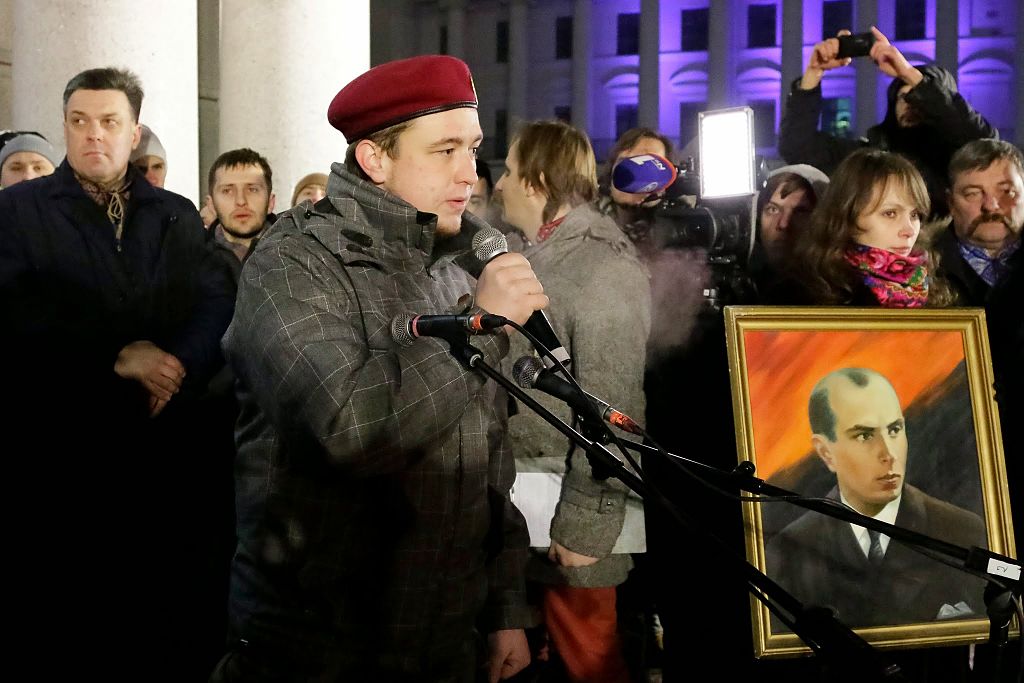Regrettably, Russian President Vladimir Putin and his corps of diplomats around the world have explicitly raised the issue of neo-Nazism and implicitly invoked the Holocaust to justify Russia’s nation-wide invasion of Ukraine.
In explaining his reasoning for invading Ukraine — a sovereign country which attained independence from the Soviet Union in 1991 — Putin said the purpose of the invasion was “to protect people who have been subjected to bullying and genocide … for the last eight years. And for this, we will strive for the demilitarization and the deNazification of Ukraine.”
He was, of course referring to the predominantly ethnic Russian Ukrainian enclaves of Luhansk and Donetsk, which Russia annexed in 2014. In fact, the Ukrainian government has never resorted to a policy of ethnic cleansing in these separatist areas, but Russia finds it politically and morally expedient to flaunt this unfounded and outlandish claim.
The Russian government has been reiterating this allegation since its de facto annexation of Luhansk and Donetsk and its conquest of Crimea — a former Soviet possession — in the same year.
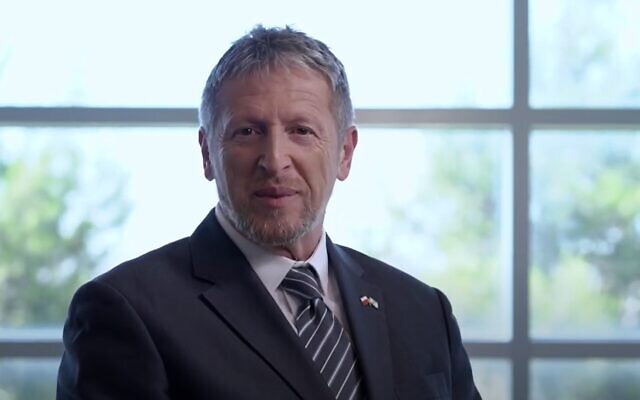
On February 25, Israel’s ambassador to Russia, Alexander Ben- Zvi, was summoned to the Russian Foreign Ministry and asked by Deputy Foreign Minister Mikhail Bogdanov why Israel has expressed support for “Nazis” in Ukraine.
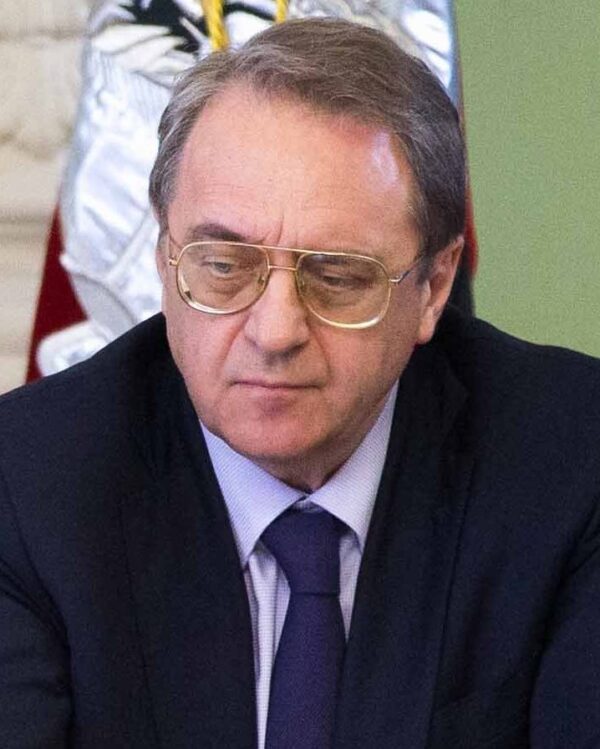
Bogdanov was angered over Israeli Foreign Minister Yair Lapid’s condemnation of Russia’s invasion.
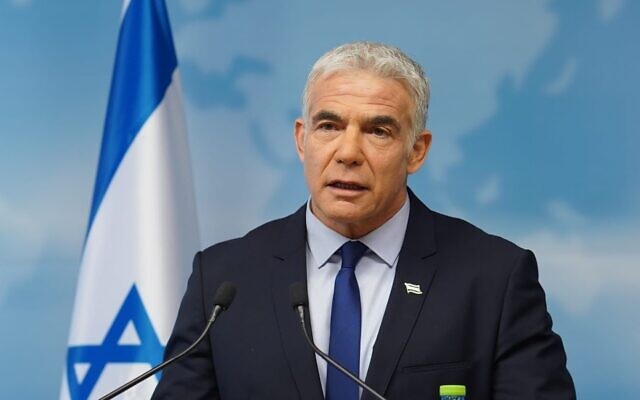
Yad Vashem, the Holocaust research and educational center in Jerusalem, issued a statement on February 27 condemning the “propagandist discourse” related to the fighting in Ukraine. It is “saturated with irresponsible statements and completely inaccurate comparisons with Nazi ideology and actions before and during the Holocaust,” Yad Vashem noted.
In the meantime, Ukrainian President Volodymyr Zelensky has responded forcefully to the Russian accusation that neo-Nazism is rampant in Ukraine. And he has likened Russia’s invasion to Nazi Germany’s unprovoked invasion of the Soviet Union in 1941.
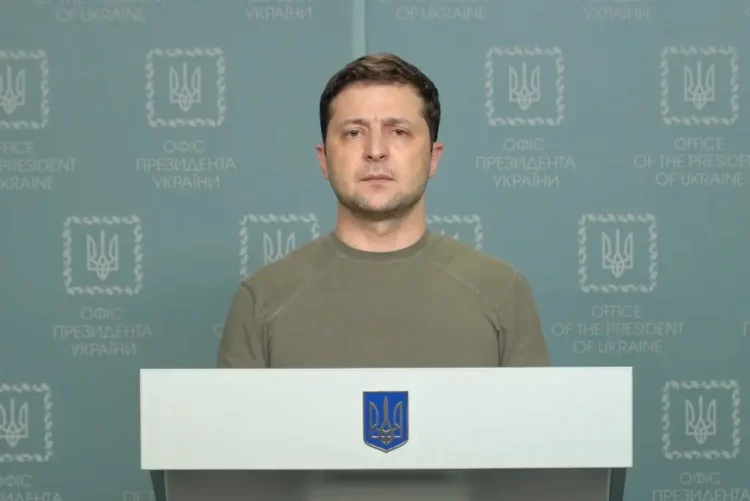
Zelensky, Ukraine’s first Jewish president, has declared, “How could a people who lost more than eight million lives in the battle against Nazism support Nazism? How can I be a Nazi?”
His point is well taken.
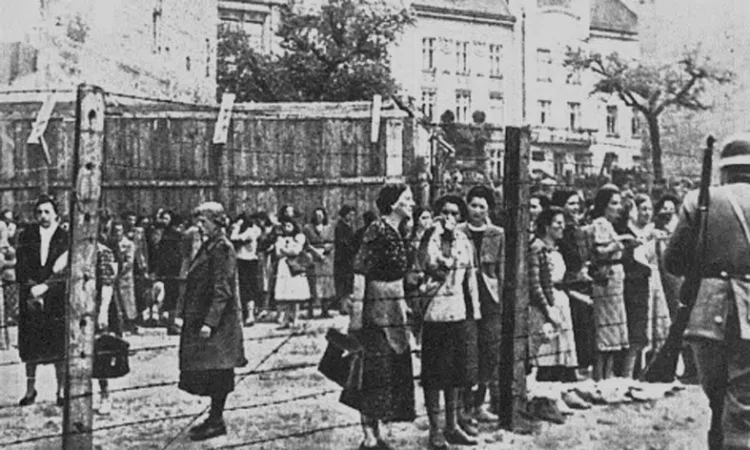
Three of Zelensky’s grandfather’s brothers were killed in the Holocaust, which consumed more than one million Ukrainian Jews during Germany’s occupation.
And from May to August 2019, Ukraine was the only country outside Israel to have both a Jewish president, Zelensky, and a Jewish prime minister, Volodymyr Groysman.
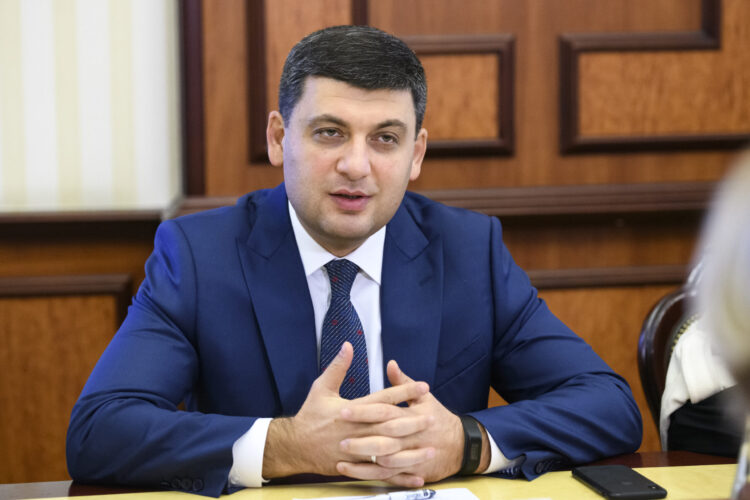
And yet Russia, in a cynical campaign of disinformation, continues to falsely insinuate that neo-Nazis govern Ukraine. It’s an absurd and laughable accusation, but the Russians are pushing it for all its worth.
Dmitry Medvedev, Putin’s predecessor and the current deputy chairman of Russia’s Security Council, has adopted an identical approach to demonize Ukraine. Incredibly enough, he has compared Zelensky to a sonderkommando in a Nazi extermination camp. Sonderkommandos were Jewish prisoners who were forced to dispose of the ashes and bones of Jews who had been murdered in gas chambers and then burned in industrial ovens.
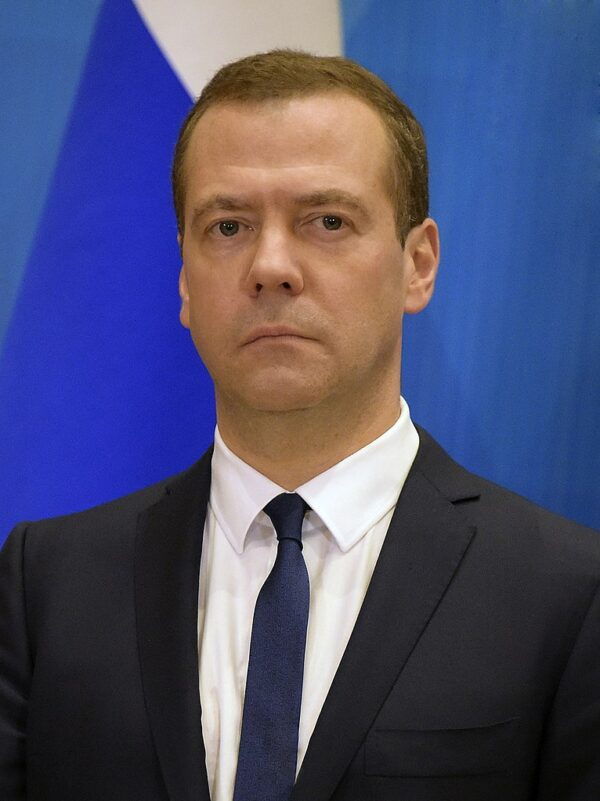
Medvedev’s comparison is grotesque, as is Russia’s instrumentalization of the Holocaust. But to be completely fair, Russia is extremely sensitive to all things Nazis. Nearly 30 million Russians perished during World War II, whose outcome was largely decided in the Soviet Union, where Germany lost the vast majority of its troops in ferocious battles.
But Russia should not use Nazi imagery in defence of aggression. Nor does Russia have a right to impugn Ukraine’s reputation by suggesting it is a nest of neo-Nazis.
Shortly before Putin ordered the invasion on February 24, Ukraine’s parliament passed a law criminalizing antisemitism as defined by the International Holocaust Remembrance Alliance. The definition has been adopted by 35 nations (Russia is not among them), the European Union and scores of universities.
Putin’s claim that he invaded Ukraine to “denazify” it is especially ridiculous because “antisemitism is a crime in Ukraine,” Oksana Markarova, the Ukrainian ambassador to the United States, pointed out recently.
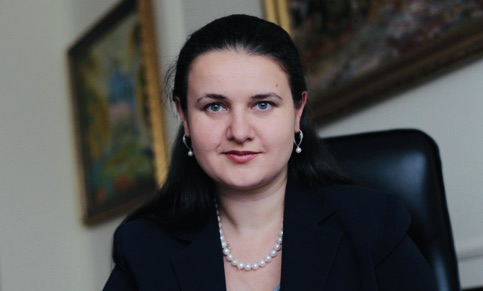
According to a 2019 Pew Research Center poll, Ukraine is among the least antisemitic countries in Eastern Europe. Eleven percent of those surveyed voiced a negative view of Jews, while 83 percent expressed a favorable view.
As elsewhere in Europe, the extreme right in Ukraine is conspicuous by its activities.
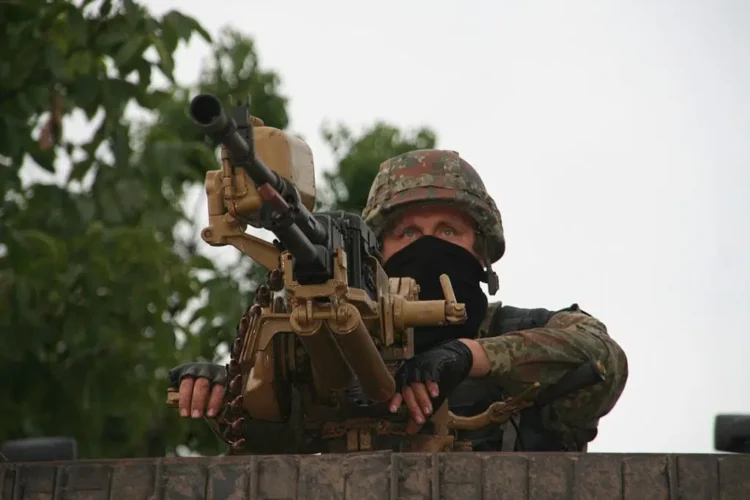
The neo-Nazi Azov Battalion, formed in Ukraine in 2014, has an estimated membership of 10,o00 and has been integrated into Ukraine’s National Guard. Its political wing, the National Corps Party, won two percent of the vote in the 2019 general election.
Andriy Biletsky, its first commander and later a National Corps parliamentarian, declared in 2010 that Ukraine’s mission was to “lead the white races of the world in a final crusade … against Semite-led untermenschen,” or subhumans.
Like the National Corps Party, the far right-wing Svoboda Party, led by Oleh Tyahnybok, failed to win a single parliamentary seat in the last election.
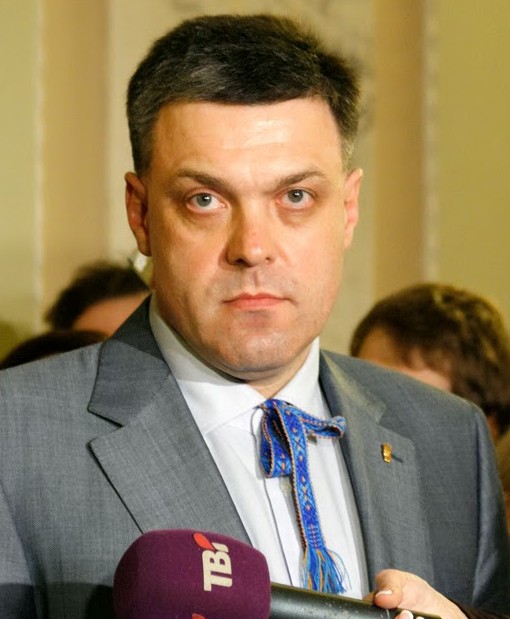
In 2005, Tyahnybok called for an investigation into the “criminal activities of organized Jewry in Ukraine.” He previously charged that “Moscovites, Germans, Jews and other scum … want to take away our Ukrainian state.”
Tyahnybok is an ugly racist, an ignorant boor on the margins of society, but is hardly representative of Ukrainians.
In recent years, Ukraine has grappled with the legacy of Ukrainian nationalists like Stepan Bandera, who collaborated with Nazi Germany. They have been glorified as heroes, and statues have been erected in their honor and streets have been named after them.
These are extremely unfortunate developments, a blot on Ukraine’s image. Russia, which regards Ukraine as an artificial and illegitimate state, has seized upon its shortcomings to defame its Slavic neighbor.
Russia’s lame attempt to portray Ukraine as an outpost of neo-Nazism is simply inaccurate, unfair and unwise. This wild-eyed characterization reduces Russia, a great nation, in stature. Surely Putin can find a more plausible and convincing justification for his ill-advised and brutal invasion of Ukraine.
